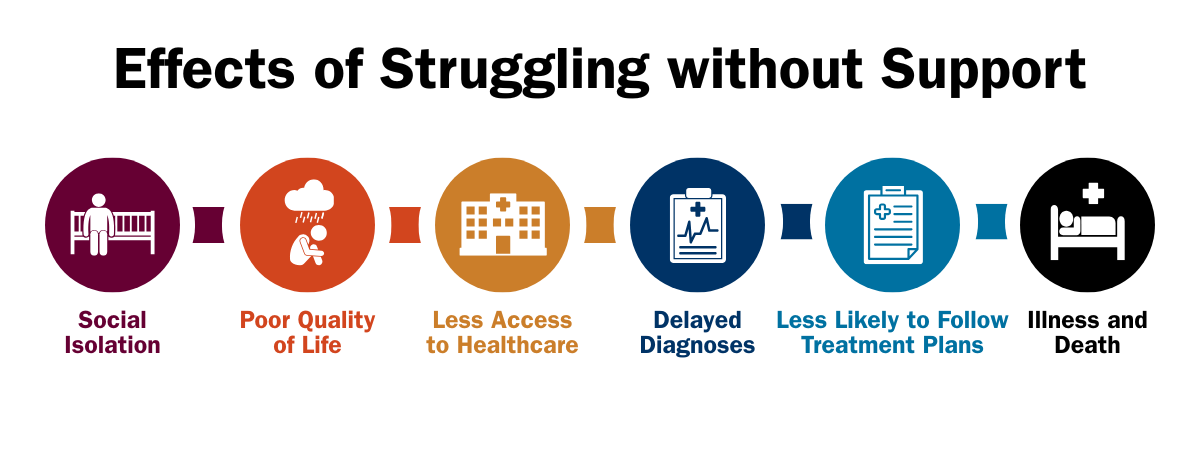More people recover with support
Addiction does not define someone's future.
Substance use disorder is treatable, people recover and people can lead successful lives.
People struggling with addiction face many challenges, especially the judgment they feel from others. This results in keeping their struggle a secret, which makes it even harder to get help. You can make a big difference just by showing your support.


